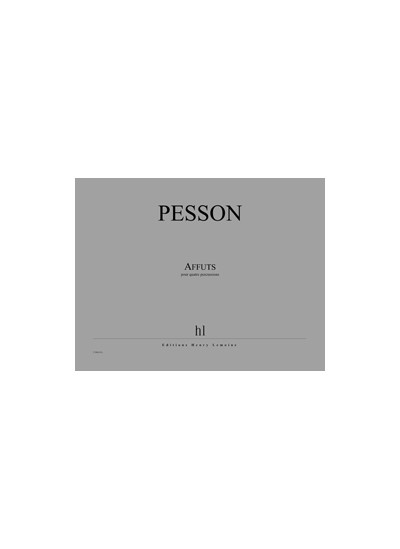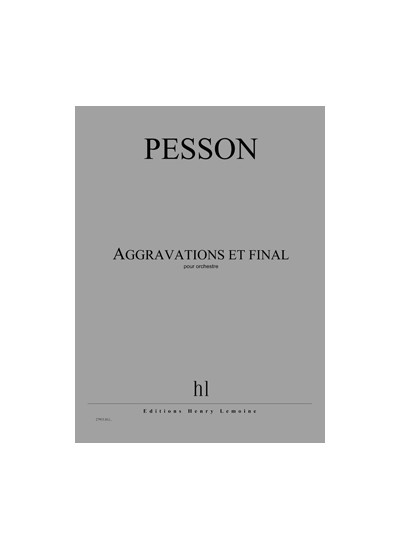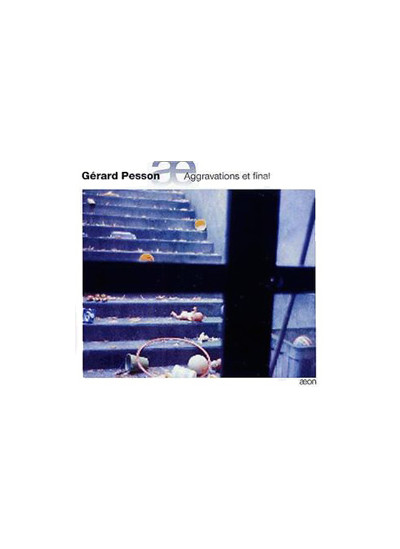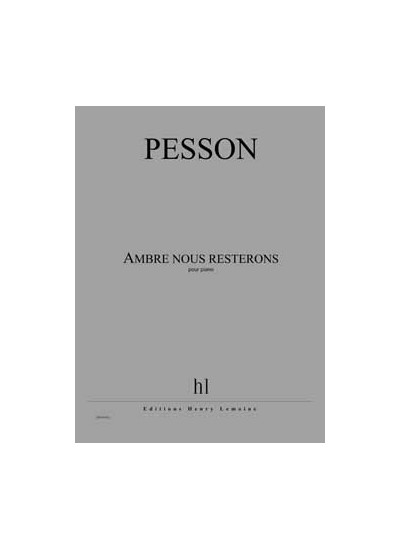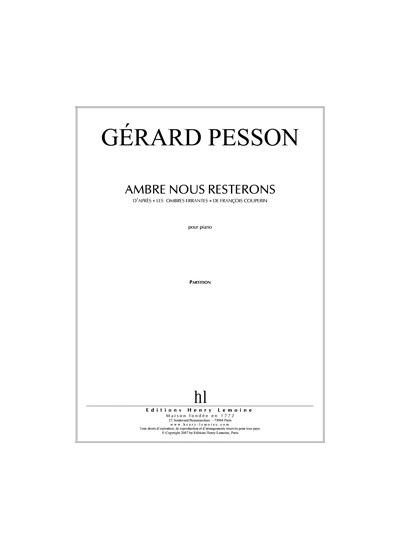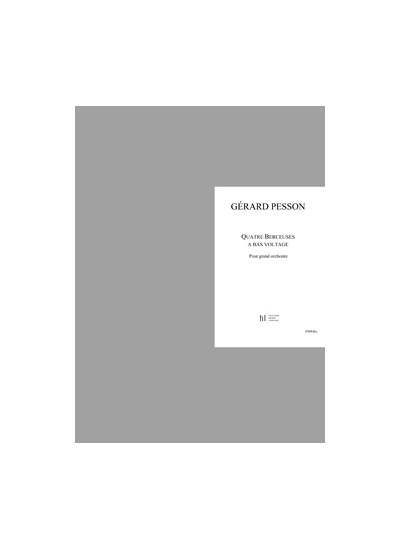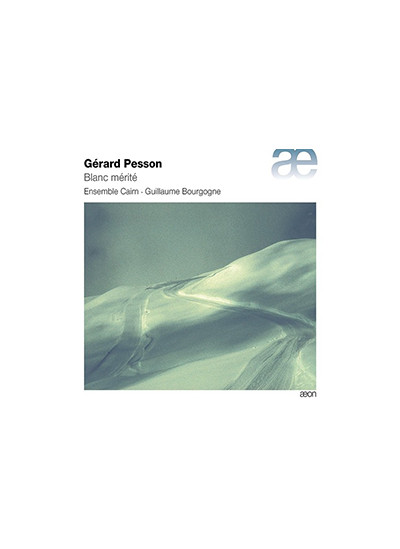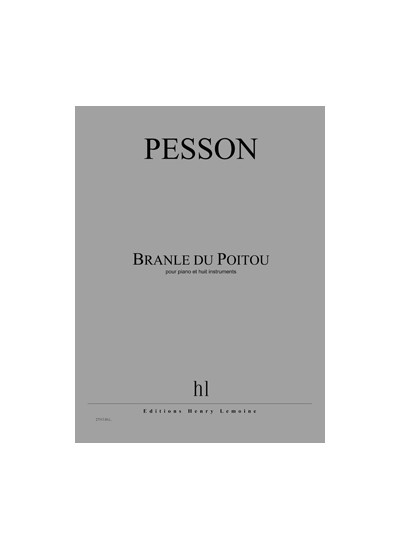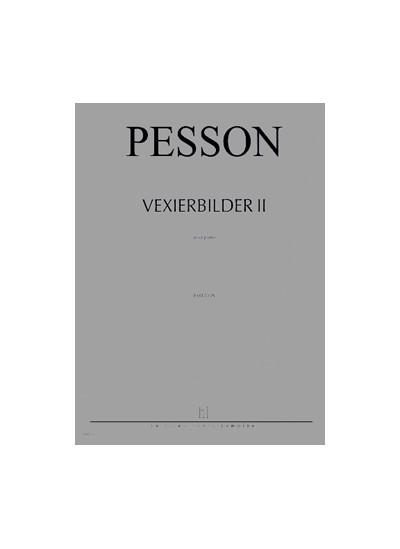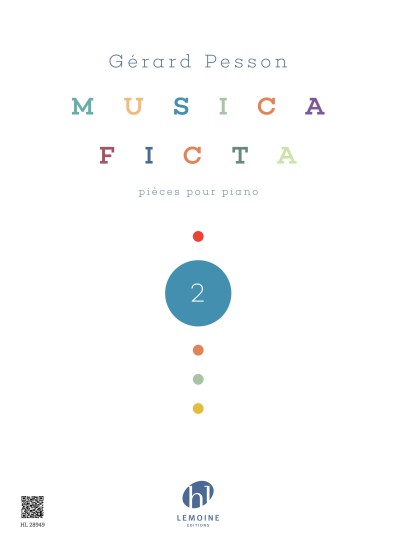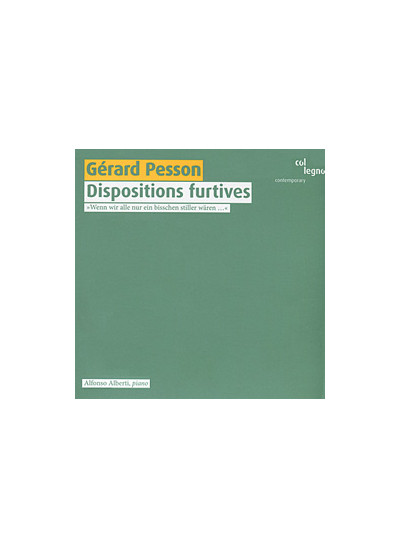
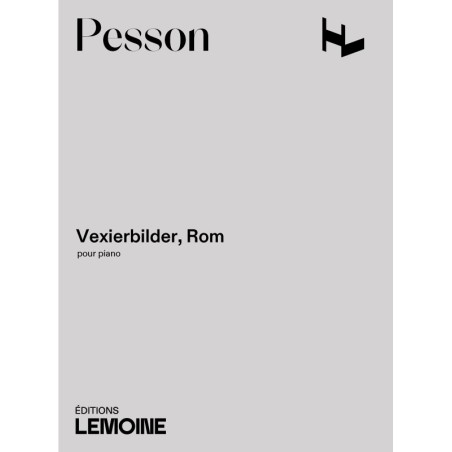

Vexierbild can be translated as "trick", "rebus" or "misleading image" in this collection of pieces for piano (the complete collection should contain eleven pieces), three excerpts of which are heard here, the encoded message is presented under the appearance of what one might call a "character piece" or a "genre piece", but under the subheading of "travel album". Let's say that these Vexierbilder are my counter - années de pélerinage in Rome.
1. La Fantaisie égyptienne ("Egyptian Fantasy") refers to a very strange painting by Hubert Robert who, taking inspiration from the Pyramid of Caius Cestius in Rome, painted a sort of Egyptian caprice looking more like a utopia than a reconstruction. Referring explicitly to the past, the artist achieved what is perhaps the very first "science fiction painting". Against the background of a dark sky, the enormous pyramid (of which we don't even see the tip) and the Lilliputian figures, whose ceremony we are unable to interpret, long constituted what, for the experts, was a "Vexierbild".
A revery about the past, a densive deconstruction of materials, re-use, a play on time-lag, guile and melancholy: sometimes a composer is a painter of ruins.
2. Acting as a counterpart to Liszt's famous Après une lecture de Dante, this Après une lecture de Penna (Alter a reading of (Sandro) Penna', an Italian poet who died in Rome in 1977) occupies the central position of the collection. As an epilogue to this piece, I have added a poem which was written 11 November, 1937, and typical of Pensa's style: an almost Zen like emptiness, classical ingenuity mixing in a provocative sweetness, ecstasy and melancholy:
The sea is azure
The sea is calm
in the heart, nearly a howl
of Joy. And all is calm.
3. Jeux d'os aux Capucins ("Bone Games at the Capuchins")
Alter the large bend in the Via Veneto, one comes upon one of Rome's most macabre curiosities, the Capuchin cemetery. Here, in five dark chapels, the bones of 4000 monks are artistically piled, their tibias, humeri, shoulder blades and eternally grinning skulls having been turned into friezes, festoons, garlands and girandoles. A superb lesson in irony and especially the misappropriation of matter, the subject being dealt with here: how to create, with our romains, out of contempt for the vanities? A rococo exercise on the "memento mori" theme.
Here the music fits in with the continuation of my little Knochenmusik ("bone music") exercises bones without the flesh. Here, our Capuchins, confident of resurrection, dance a wild, but skeletal waltz...
Gérard Pesson
Recording
1 CD Accord, AC205752
Tristan Murail: La Mandragore - Cloches d'adieu, et un sourire... - Jean-Marc Singier: Elans, saccades, et biais du flux - Gérard Pesson: Vexierbilder Rom - Dominique Troncin: Ciel ouvert - Jacques Lenot: Ciels (travercés) - Esquisse du Prélude 12 - Hugues Dufourt: An Schwager Kronos
Dominique My (piano)





